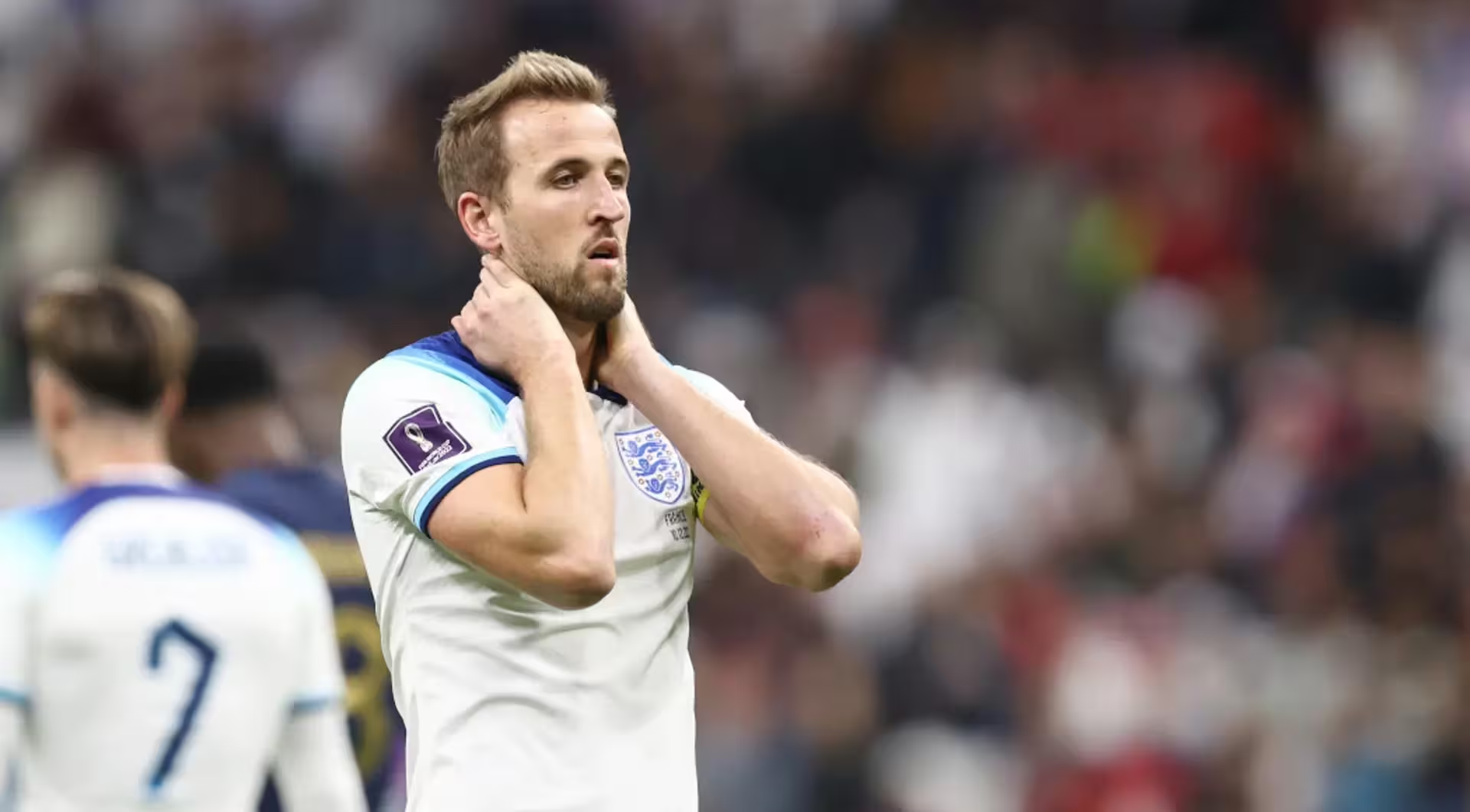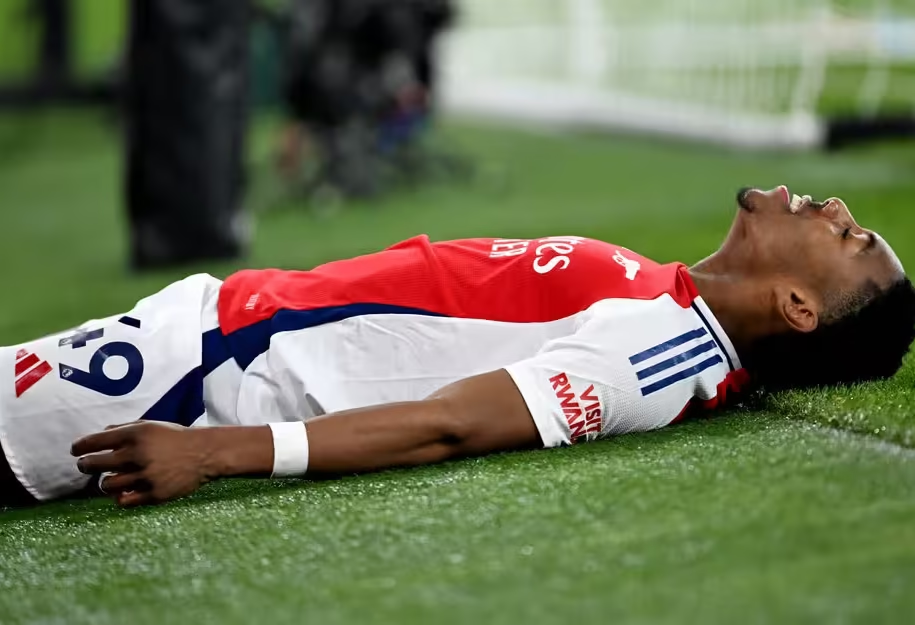Subtotal $0.00
England secure World Cup qualification
Rotation flexibility after qualification
England’s confirmation of a place at next summer’s World Cup gives Thomas Tuchel a rare luxury and a demanding task in equal measure. With time on their side, the immediate focus shifts from simply winning matches to shaping a squad that can sustain intensity across a demanding calendar. The topic at the forefront of Tuchel’s planning is Kane rest for World Cup. Resting Harry Kane in one of the two remaining qualifiers could safeguard his energy reserves for the tournament, while still allowing England to test alternatives and maintain attacking threat. This is not about discarding the captain; it is about harnessing rotation to keep him fresh for the knockout rounds and to explore a wider pool of forwards who can dovetail with England’s system. As the FIFA World Cup qualifiers and The FA continue their preparations, Tuchel has the latitude to balance tempo, cohesion, and depth.
The luxury of qualification also elevates the importance of the upcoming Serbia and Andorra fixtures beyond mere results. Tuchel can experiment with rotation without destabilising the core idea of England’s play. The objective is clear: sharpen the squad, confirm tactical understanding, and ensure leadership remains visible even when Kane is not on the pitch. In practical terms, this means re-testing the frontline with diverse combinations, evaluating how midfield shapes adapt to changes in forward partnerships, and ensuring there is a robust plan to protect Kane’s fitness across the tournament window. With the two qualifiers looming, the plan is about precision in rest timing and clarity in selection—a framework that could define England’s performance at the World Cup.
Kane rotation considerations
Tactical balance and Kane rest for World Cup
The debate around Kane’s role in the rest cycle is not a simple one. He remains England’s most reliable scorer and a touchstone for the team’s attacking identity. Yet the dense schedule—club duties, international camps, and the World Cup itself—means fatigue can erode effectiveness if mismanaged. Tuchel’s challenge is to implement a rota that preserves Kane’s sharpness while preventing a drop in overall output when he sits out a game. The principle is straightforward: rotate, not abandon. In practice, that means testing different striking partners, experimenting with two-man and three-man frontline variations, and measuring how England’s pressing, build-up play, and finishing dynamics shift with Kane’s minutes reduced. The aim is a plan that allows Kane rest for World Cup while keeping the threat level high across matches.
Resting Kane for a match is also about giving other forwards the chance to stake a claim. The two qualifiers offer a platform for younger or fringe attackers to demonstrate compatibility with Tuchel’s system, whether that means different movement patterns, smarter runs in behind, or a sustained pressing intensity that matches England’s rhythm. The central risk is a temporary lull in productivity, which must be offset by improved distribution, spontaneous combination play, and a higher likelihood of goal-scoring from the wider squad. The key is to balance immediate results with long-term squad cohesion, ensuring that Kane rest for World Cup becomes a calculated risk in service of a more durable, competitive England side.
Tuchel’s England camp strategy
Selection and testing in camp
The England camp under Tuchel takes on additional significance in the wake of qualification. The sort of testing that unfolds over the camp will determine how well fringe players integrate with the established core and how quickly the squad reaches a unified tactical language ahead of the tournament. Tuchel will be evaluating backups at left-back, midfield balance, and the presence of an alternative No. 9 or second striker who can operate in tandem with Kane or replace him if needed. The camp becomes a laboratory for practical decisions: which players are ready for international football’s tempo, which formations translate most cleanly to the World Cup stage, and how quickly cohesion is built under pressure. Outbound listening and analysis pieces from sources like BBC Sport and FIFA will help frame expectations, while the core aim remains to lock in a 23-man squad capable of both resilience and dynamism.
Rotation during the camp will be deliberate and data-driven. Tuchel will compare combinations in training matches, track how players link with Kane and other forwards, and identify alternatives who can sustain England’s pace when Kane rests. The ultimate objective is to build a cohesive unit with a clear plan B—one that preserves the leadership Kane provides while expanding the collective threat across the pitch. Stakeholders inside the camp will be watching for evidence that the rotation can be absorbed without splintering the team’s rhythm, and that substitute options bring tangible value when stepping into high-stakes games at the World Cup.
Locking in the World Cup squad
Building a 23-man balance
With qualification secured, Tuchel’s next task is to lock in a 23-man squad that blends experience with depth. Kane’s role within that framework is central, but the broader goal is to build a balanced unit that can compete in multiple systems and adapt to different opponents. The selection shakeout must consider midfield alternates who can provide ball progression without sacrificing defensive structure, forward options who can provide varied runs and finishing profiles, and defenders who can maintain England’s robustness under pressure. Rotation-minded planning means identifying players who can step into high-leverage roles with minimal adjustment, ensuring the squad remains effective even when Kane rests for World Cup engagements. The plan must also anticipate fitness risk, ensuring there is a credible fallback for every position while maintaining a sustainable squad dynamic.
The process will weigh club form against international potential, with Tuchel consulting his assistant staff and taking cues from long-term development plans. The end product should be a 23-man group that offers a reliable goal threat, midfield balance, and a dependable defensive spine. In this context, Kane rest for World Cup becomes a tactical lever rather than a disruption, enabling England to enter the tournament with a connected, adaptable unit rather than a single-source reliant attack. The result should be a squad that travels with confidence, knowing they have the depth to negotiate the World Cup’s grueling schedule while preserving their best performers for the decisive moments.
Upcoming qualifiers vs Serbia and Andorra
Practical plan for rotation and selection
The final two qualifiers before the World Cup present a practical proving ground for Tuchel’s rotation strategy. Serbia and Andorra offer different challenges: one demanding physical intensity and testy counter-pressing, the other requiring precision and patience to break down compact lines. The plan will prioritize rest timing for Kane, balancing his availability with the need to maintain a potent attack. If Kane rests for World Cup is to be leveraged, Tuchel will lean on a structured rotation that preserves England’s core tempo while giving fringe players meaningful minutes. That approach also safeguards Kane’s fitness, ensuring he remains fully capable of delivering crucial performances when the tournament arrives. The practical aim is to lock in a 23-man squad that can hit the ground running at the World Cup and find a way to stay competitive even when Kane sits out a match.
From a tactical perspective, the Serbia and Andorra fixtures will test England’s adaptability—how well wing-backs, midfield pivots, and forwards adjust to different pressing schemes and attack angles. The camp will need crisp coordination on set pieces, fluidity in build-up play, and the versatility to switch between 4-3-3 and 3-4-3 formations depending on the opponents. By using these qualifiers to solidify the squad’s working relationships, Tuchel aims to avoid last-minute improvisation in the tournament. The combined strategy—rotation, testing, and measured Kane rest for World Cup—sets England up to arrive at the World Cup with both depth and momentum, backed by a coherent plan that can outpace fatigue and maintain quality across all stages of the competition.





